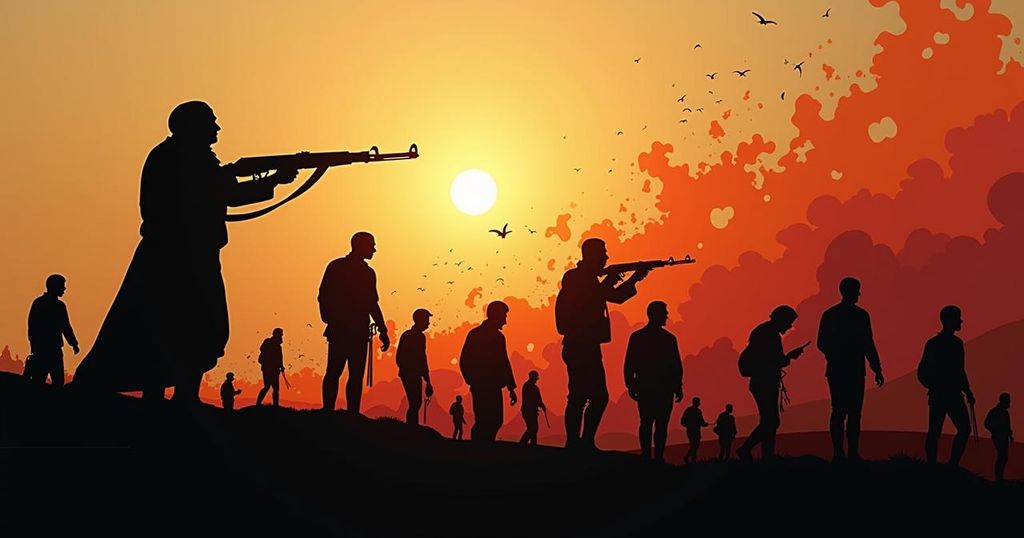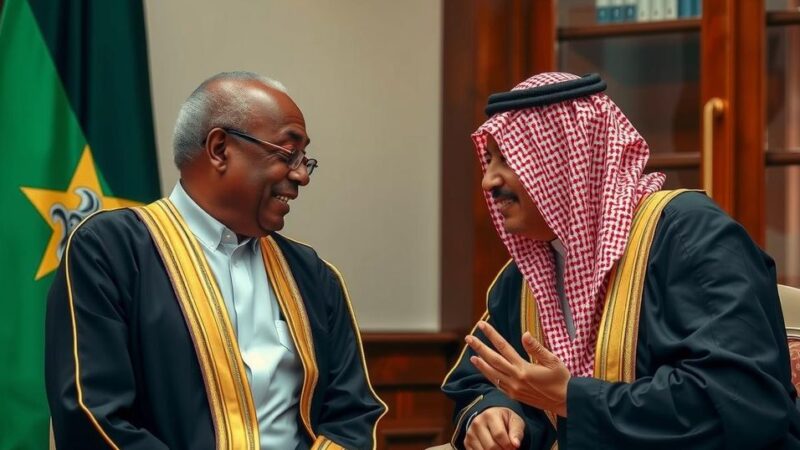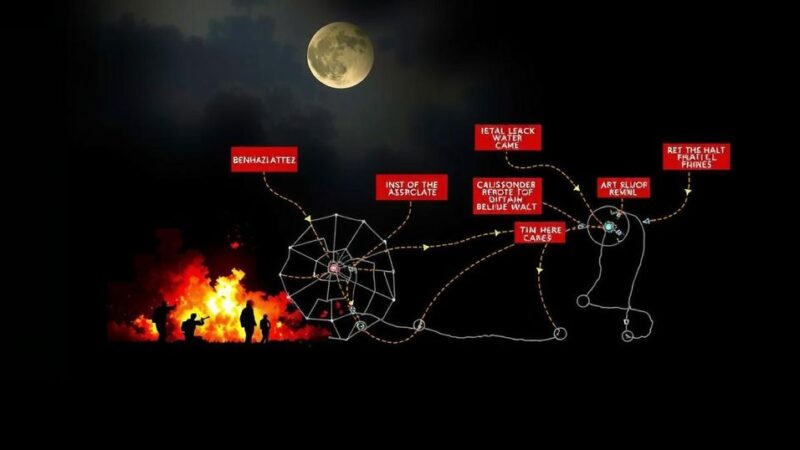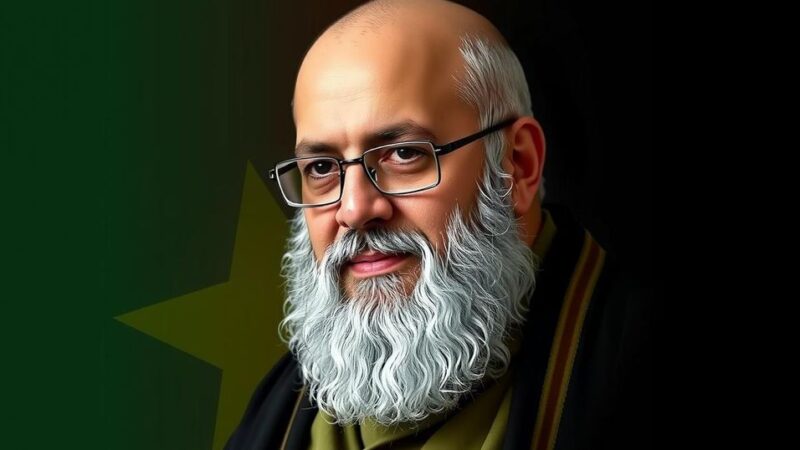Following the IRGC’s ballistic missile strike on Israel, Iranians expressed a mix of jubilation, concern, and humor. While many celebrated the attack via state-organized events, fears of impending war and devastation lingered, prompting a divide among the populace. Humor has emerged on social media as a coping strategy amid heightened tensions, further complicating the Iranian response.
On Tuesday evening, Iran’s Islamic Revolutionary Guard Corps (IRGC) executed an unprecedented ballistic missile strike against Israel, prompting a swift and celebratory response from many Iranians. In major metropolitan areas across Iran, the government disseminated text messages urging public participation in state-organized rallies to support the attack. These events, broadcast live on state television, showcased a festive atmosphere marked by fireworks and patriotic songs extolling the Iranian military and the militant group Hezbollah. One notable moment during the broadcast, presenter Amirhossein Tahmasebi expressed euphoric sentiments while showcasing footage of the missile impacts, urging viewers to consider these scenes as worthy subjects for artistic expression. Previously, the Iranian government had adopted a cautious stance, advocating for restraint amid escalating tensions. However, the missile attack marked a clear shift, revealing a united front among the Iranian state apparatus, with leaders from various military branches publicly voicing their support for the offensive. Following the attack, Iran cautioned the United States and its allies against intervention, declaring that their bases would face targeted missile strikes if they engaged in any retaliatory actions on behalf of Israel. Yet, amid concerns of protracted warfare, particularly in light of Israeli military operations in Lebanon and Gaza resulting in a significant civilian toll, many Iranians voiced apprehension regarding the potential for conflict to escalate within their borders. There is a palpable fear that another war could bring devastating repercussions, with one Iranian woman expressing her anxieties of a potential aerial assault, saying she considered evacuating her family. In a counter-response, Israeli Prime Minister Benjamin Netanyahu addressed the Iranian people, asserting that they deserved a better regime than the current Iranian leadership and cautioning that Israel maintained the capability to strike at any location in the Middle East. Correspondingly, an Israeli military spokesperson issued a statement indicating that retaliation against Iran would occur at a strategically chosen moment. In such uncertain times, humor has emerged as a coping mechanism for many in Iran, with social media flooded with jokes that reflect the prevailing atmosphere of uncertainty and fear surrounding the ongoing conflict. These jokes illustrate a blend of resignation and humor, as one user noted, “Best thing about autumn is when you’re wearing a hoodie and zigzagging in a shelter to dodge missiles.” Amid the chaos, a portion of the Iranian populace critical of the government has expressed support for Israel online, eliciting a stern warning from the IRGC’s intelligence division, which called for citizens to report any such displays of allegiance to the “fake Israeli government.” The recent military action and its implications highlight a deeply divided Iranian society grappling with the immediate ramifications of war and the broader geopolitical stakes involved in the conflict.
The recent missile attack on Israel came during a period of significant tension between Iran and Israel, marked by retaliatory threats and military engagements between the two nations. Iran, under the leadership of its IRGC, has positioned itself as a regional power supporting groups like Hezbollah in their conflict against Israeli interests. The escalation to missile strikes reflects a broader strategic calculus within Iran, navigating its own internal dissent while projecting power regionally. The Iranian government previously expressed restraint in the face of provocative actions from Israel, particularly regarding the assassination of its military leaders. However, the latest developments signal a clear shift toward military assertiveness, with the state apparatus rallying public support amidst growing fears of violent reprisals.
In conclusion, the missile attack by Iran on Israel has polarized the Iranian populace, leading to celebrations among some while invoking fear and concern among others about the prospect of renewed warfare. The Iranian state has publicly united in its support for the offensive, while simultaneously facing internal dissent and concern over potential Israeli retaliation. Consequently, this event not only highlights the escalating conflict but also the underlying societal tensions within Iran, as citizens grapple with conflicting emotions of jubilation, fear, and humor amid uncertainty.
Original Source: www.aljazeera.com






